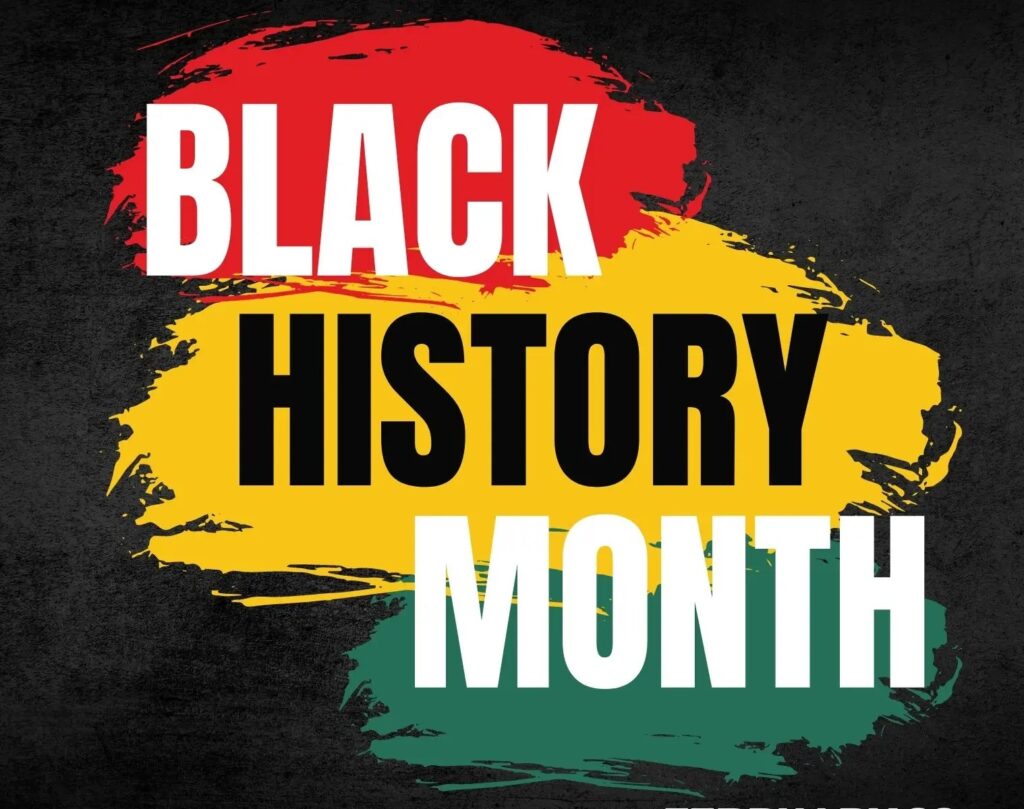Black History Month is a time to recognize and celebrate the invaluable contributions of African Americans throughout history. It’s a month dedicated to honoring the achievements, resilience, and cultural richness of Black individuals and communities. Whether you’re looking to learn more or share the importance of this month with others, here’s a guide to understanding and celebrating Black History Month.
Understanding Black History Month
The Origins of Black History Month
Black History Month originated in the United States, founded by historian Carter G. Woodson in 1926 as “Negro History Week.” Woodson chose the second week of February to coincide with the birthdays of Abraham Lincoln and Frederick Douglass, two figures who significantly impacted the lives of African Americans. In 1976, the celebration expanded to a month-long observance, recognized every February.
Why Black History Month Matters
Black History Month serves as a reminder of the struggles, triumphs, and contributions of Black people throughout history. It highlights the importance of diversity, equality, and inclusion, encouraging us to reflect on the past and inspire change for the future. Celebrating Black History Month helps educate people about the rich heritage and culture of African Americans, fostering a more inclusive and understanding society.
Celebrating Black History Month
Know About Influential Black Figures
Take time to learn about influential Black figures who have shaped history in various fields, such as:
- Harriet Tubman: An abolitionist who escaped slavery and led others to freedom via the Underground Railroad.
- Martin Luther King Jr.: A civil rights leader known for his nonviolent activism and pivotal role in the Civil Rights Movement.
- Maya Angelou: A renowned poet, memoirist, and civil rights activist whose works continue to inspire many.
Support Black-Owned Businesses
Supporting Black-owned businesses is a tangible way to celebrate Black History Month. Whether it’s purchasing products, dining at Black-owned restaurants, or promoting services, every action helps uplift the community and promote economic equality.
Attend Local Events and Celebrations
Many communities host events, lectures, and performances to celebrate Black History Month. Attend these events to gain a deeper understanding and appreciation of Black culture and history. Check your local community centers, libraries, and museums for event listings.
Read Books by Black Authors
Reading books by Black authors is a great way to immerse yourself in diverse perspectives and stories. Some notable recommendations include:
- “The Souls of Black Folk” by W.E.B. Du Bois
- “Beloved” by Toni Morrison
- “Between the World and Me” by Ta-Nehisi Coates
Reflecting and Taking Action
Engage in Meaningful Conversations
Discuss Black history, culture, and the ongoing struggle for racial equality with friends, family, and colleagues. Engaging in these discussions can raise awareness and foster a more inclusive environment.
Volunteer and Give Back
Consider volunteering with organizations that support the Black community. Whether it’s mentoring young people, participating in community service, or donating to relevant causes, your efforts can make a significant impact.
Advocate for Change
Use Black History Month to advocate for social justice and equality. Support policies and initiatives that address systemic racism and promote equity in education, healthcare, employment, and beyond.
Black History Month is a time to celebrate the past and inspire action for a better future. By learning, supporting, and engaging with the Black community, we can honor the rich history and contribute to a more just and inclusive society. Let’s take this month to reflect, educate, and celebrate the remarkable contributions of Black individuals throughout history.



